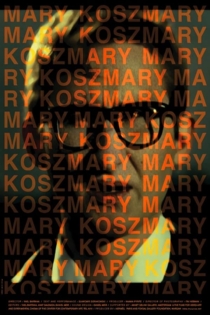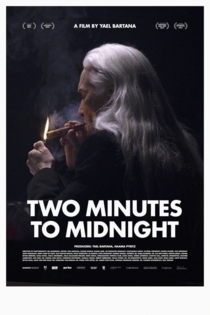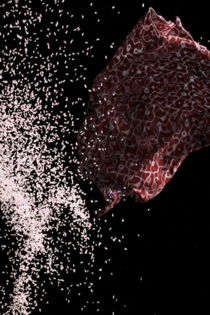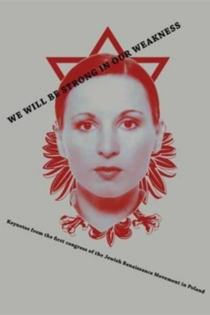
Yael Bartana
1970 (55 лет)Inferno
Yael Bartana
Márcia Pantera
The starting point of Inferno is the current construction of the third Temple of Solomon (Templo de Salomão) in São Paulo by a Brazilian Neo-Pentecostal Church, the Universal Church of the Kingdom of God (UCKG), founded in Rio de Janeiro in the late 1970s with millions of adherents in Brazil and internationally. Built to biblical specifications, this new temple will be a replica of the first temple in Jerusalem, the violent destruction of which signalled the diaspora of the Jewish people in the 6th century BCE.
Inferno

Mary koszmary
Yael Bartana
Sławomir Sierakowski
This film inaugurates Bartana’s “Polish trilogy”, building on the complex Polish-Jewish relations as the point of departure towards a more universal narration about the figure of a stranger or newcomer. Sławomir Sierakowski (leader of the Polish leftist group and magazine “Krytyka Polityczna”) acts here as an activist who passionately invites Jews to come back to Poland. The derelict Tenth Anniversary Stadium in Warsaw provides the scenery of his passionate speech: “Jews! Fellow countrymen! People! Peeeeople! This is a call, not to the dead, but to the living. We want 3 million Jews to return to Poland, to live with us again. We need you! We’re asking you to return!” Bartana relates here to the timeless aesthetics of propaganda films, e.g. Leni Riefenstahl’s Triumph of the Will from 1934 (where the stadium also becomes an scene of political manipulation), but also the earlier Zionist film chronicles targeted at Jews settling down on the Palestinian territories.
Mary koszmary

Nightmares
Yael Bartana
This film inaugurates Bartana’s “Polish trilogy”, building on the complex Polish-Jewish relations as the point of departure towards a more universal narration about the figure of a stranger or newcomer. Sławomir Sierakowski (leader of the Polish leftist group and magazine “Krytyka Polityczna”) acts here as an activist who passionately invites Jews to come back to Poland. The derelict Tenth Anniversary Stadium in Warsaw provides the scenery of his passionate speech: “Jews! Fellow countrymen! People! Peeeeople! This is a call, not to the dead, but to the living. We want 3 million Jews to return to Poland, to live with us again. We need you! We’re asking you to return!” Bartana relates here to the timeless aesthetics of propaganda films, e.g. Leni Riefenstahl’s Triumph of the Will from 1934 (where the stadium also becomes an scene of political manipulation), but also the earlier Zionist film chronicles targeted at Jews settling down on the Palestinian territories.
Mary-Koszmary

The Undertaker
Yael Bartana
Yael Bartana's dialogue-free and graceful 'The Undertaker' is a performative ceremony. A group of people dressed in white robes perform a choreographed ritual, led by an androgynous figure dressed in black, who leads them through an American metropolis and on to a cemetery where they bury their weapons in a pacifist gesture, but do so with power, pride and a will to resist. As they part with their machines, the members of the enigmatic group create a monument to life and the living, at the same time as they establish a connection to the phantoms of the past.
The Undertaker

Two Minutes to Midnight
Yael Bartana
What if women ruled the world? Yael Bartana stages the question in practice in her performative ‘Two Minutes to Midnight’, where a female government in a fictitious country must take a stand on an imminent nuclear threat from a foreign nation, led by the self-absorbed president Twittler. A panel of fictional characters and real female experts from areas such as defence, law, politics and psychology are tasked with agreeing on how to approach the situation in Bartana’s role play, which takes place in a democratic ‘Peace Room’, mirroring the toxically masculine ‘War Room’ in Stanley Kubrick’s classic Cold War satire, ‘Dr. Strangelove’. In the meantime, the clock is ticking, but when the red phone rings you can almost hear your own heartbeat.
Two Minutes to Midnight

Tashlikh (Cast Off)
Yael Bartana
Tashlikh is the name of a Jewish atonement ritual, in which bread or other objects are thrown into the river to symbolize the casting off of sins. Yael Bartana’s film takes a fresh look at this ritual. In slow motion, accompanied by a hypnotic soundscape, a diverse collection of objects tumble down across the screen.
Tashlikh (Cast Off)

